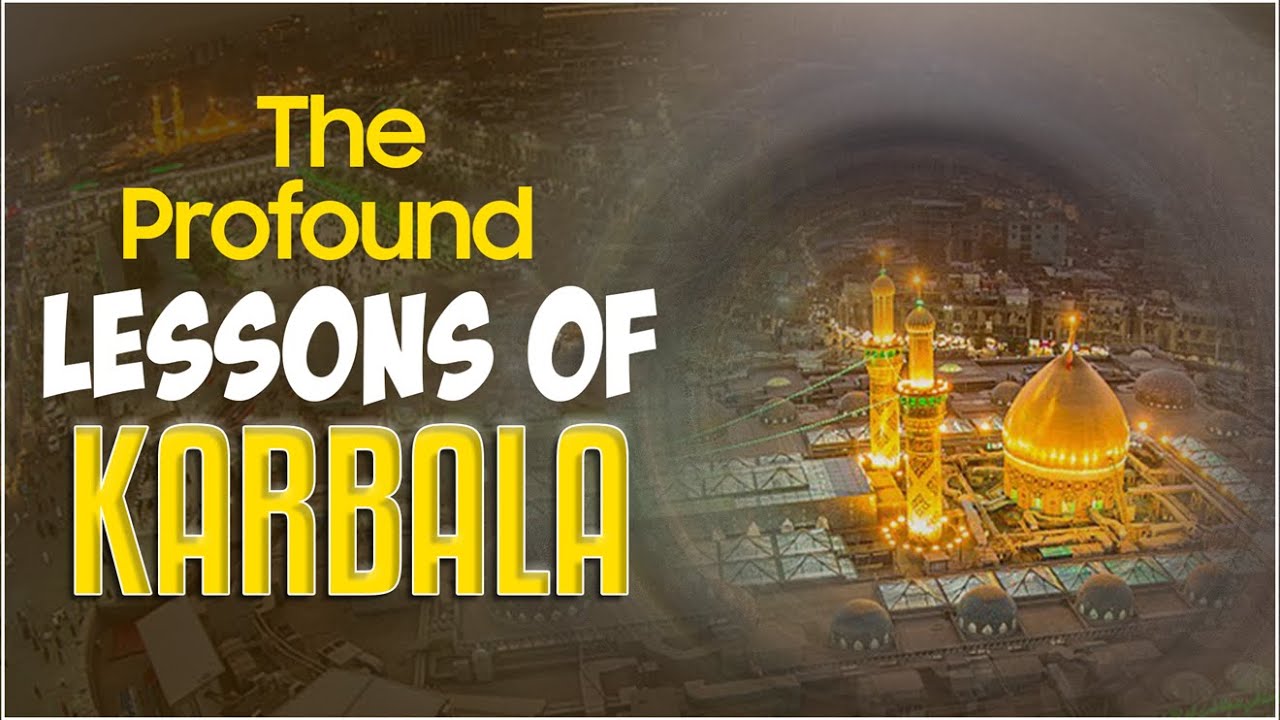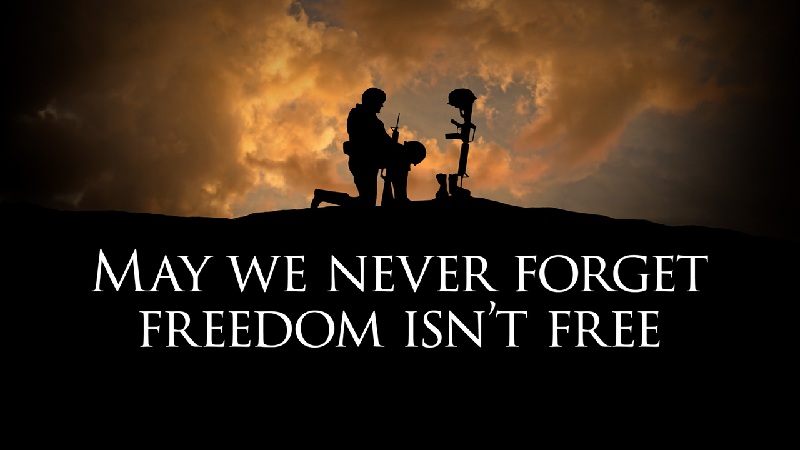This article points out the most important lessons from the Karbala uprising through the words and sacrifice of Imam Hussain (A.S.)—a timeless stand for justice and beyond.
Karbala was more than a battlefield. It was a stand for truth in a time when silence was safer. Imam Hussain (A.S.), the grandson of Prophet Muhammad (PBUH), didn’t rise for power or territory. He rose because the soul of his faith was at risk. When Yazid, a corrupt and oppressive ruler, demanded allegiance, Hussain refused — and by doing so, lit a fire that still burns in hearts today.
The lessons from Karbala aren’t just for one religion or group. They speak to anyone who values justice, dignity, and standing up for what’s right — even when it costs everything.
Lessons from the Karbala Uprising
Here are ten powerful lessons from the Karbala uprising that still hold meaning today:
1. Freedom Isn’t Free
When Imam Hussain (A.S.) was asked to pledge allegiance to Yazid, a corrupt and oppressive ruler, he responded with conviction:
“A man like me does not give allegiance to a man like him.”
He wasn’t defying authority for drama. He was protecting the moral compass of an entire faith. To him, living under tyranny was worse than death. He chose the path of sacrifice to preserve dignity—not just his own, but for generations to come.
Freedom doesn’t mean doing whatever you want. It means living by principles, even when they’re costly.
2. Sincerity
On the eve of battle, Imam Hussain (A.S.) turned to his companions and gave them a way out. He told them: “You are free to leave. The enemy seeks only me.”
He even dimmed the light to give them privacy. But no one moved. One by one, they spoke—not to flatter, but with love burning brighter than fear.
One said, “Even if I am killed and brought back to life a thousand times, I will not abandon you.” Another asked, “How can we live after you?”
This wasn’t loyalty bought with promises. It was sincerity that had no conditions, no bargaining chip—just truth, love, and unshakable faith.
3. Submission to God
Imam Hussain (A.S.) didn’t walk into Karbala blindly. He knew what lay ahead. But submission to God means trusting the process even when it’s painful.
“We are content with what pleases Allah,” he said before leaving Mecca. “We are patient in trials.”
Submission doesn’t mean weakness. In Hussain’s case, it meant walking willingly into hardship for the sake of something bigger—reform, truth, and the soul of a nation. One of the hardest lessons from the Karbala uprising is that surrendering to divine will sometimes means standing alone.
4. Race, Class, Status—None of It Matters
Among Imam Hussain’s (A.S.) companions was Jawn, a Black freed slave and a deeply devoted man. When he asked for permission to fight, Imam hesitated due to his age. Jawn asked, “Do you reject me because of my color or my past?”
Hussain embraced him.
After Jawn was martyred, Imam sat beside him, holding his bloodied head on his lap. He prayed for him, not as a commander, but as a brother. Later, those who came to bury the martyrs reported that Jawn’s body gave off a beautiful fragrance, his face glowing with divine light.
This wasn’t just about anti-racism—it was about love that sees no labels.
5. Duty Above Outcome
Imam Hussain (A.S.) knew the people of Kufa were not reliable. He’d heard about the martyrdom of Muslim ibn Aqil. He knew betrayal was in the air. But he still went. Not because he expected victory—but because the call for help had reached him, and ignoring it wasn’t an option.
This wasn’t idealism. It was responsibility in its rawest form.
When right calls you, your answer should never depend on success. That’s what makes a stand meaningful. Not results—just doing what must be done.
Also Read: Beyond borders and sects, Hussain is for all
6. Taking the First Step
In the final hours of his life, as arrows rained and friends fell, Imam Hussain (A.S.) prayed:
“O God! You are my support in sorrow and my hope in every hardship.”
His entire journey was built on trust in God—not hope for a miracle, but confidence that doing right was enough. He moved not because he was certain of worldly victory, but because he believed in the justice of God.
This is one of the core lessons from the Karbala uprising: trust isn’t sitting back waiting—it’s walking forward, even when the road disappears under your feet.
7. Real Love Is Selfless
When Hazrat Abbas (A.S.), the standard-bearer, reached the riverbank, thirst burning in his throat, he knelt to drink. But as he cupped the water, he remembered the children crying behind him and his brother, Imam Hussain (A.S.), parched and patient.
He dropped the water.
He didn’t just refuse it. He chose love over survival. Moments later, he was martyred—not just brave, but empty-handed, because someone else needed that drink more.
Selflessness like this is not theatrical. It’s painful. But it’s the love that lives forever.
8. Awareness and Timely Action
After Karbala, many from Kufa were haunted by their silence. They formed a group called the Tawwabeen—the penitent. They wept for not joining Hussain, and later died in battle trying to redeem their mistake.
But it was too late.
The lesson? Regret is real, but timing is everything. Standing up for truth tomorrow doesn’t undo silence today. Among the lessons from the Karbala uprising, this one feels especially urgent in a world flooded with injustice.
9. Know Who You Follow
The companions of Imam Hussain (A.S.) weren’t just brave—they were clear. They knew who their Imam was and why they stood with him. This awareness, or ma’rifah, gave them the courage to face death without flinching.
They didn’t follow a man—they followed the truth manifest in a man.
Without that clarity, many in Yazid’s army—people who had memorized Qur’an and prayed—ended up on the wrong side of history. It’s not enough to be religious. You must be conscious of who and what you align with.
10. Standing Against Evil Is Not Optional
In his will to his brother, Imam Hussain (A.S.) wrote:
“I rise not out of arrogance, nor for corruption or tyranny. I rise to reform the nation of my grandfather. I want to enjoin what is right and forbid what is wrong.”
This wasn’t a political statement—it was a divine one. You can’t fix the world by sitting still. When corruption gains power, silence becomes complicity.
Hussain’s uprising wasn’t reactive—it was prophetic. It teaches us that when falsehood wears the cloak of leadership, standing up isn’t rebellion—it’s obedience to God.
Final Thoughts
The lessons from the Karbala uprising weren’t frozen in time. They’re alive. They’re meant to be lived — not just remembered. Whether you’re religious or not, the stand Hussain took is a human story of courage, faith, and resistance.
Karbala didn’t end in 680 AD. Every time someone refuses to back down in the face of injustice, every time dignity is chosen over silence, that same spirit lives on.
This story asks us not just to feel — but to follow. Not just to mourn — but to act. Because Hussain didn’t die so we could cry. He died so we could live with purpose.
Source: Wilayat Times




